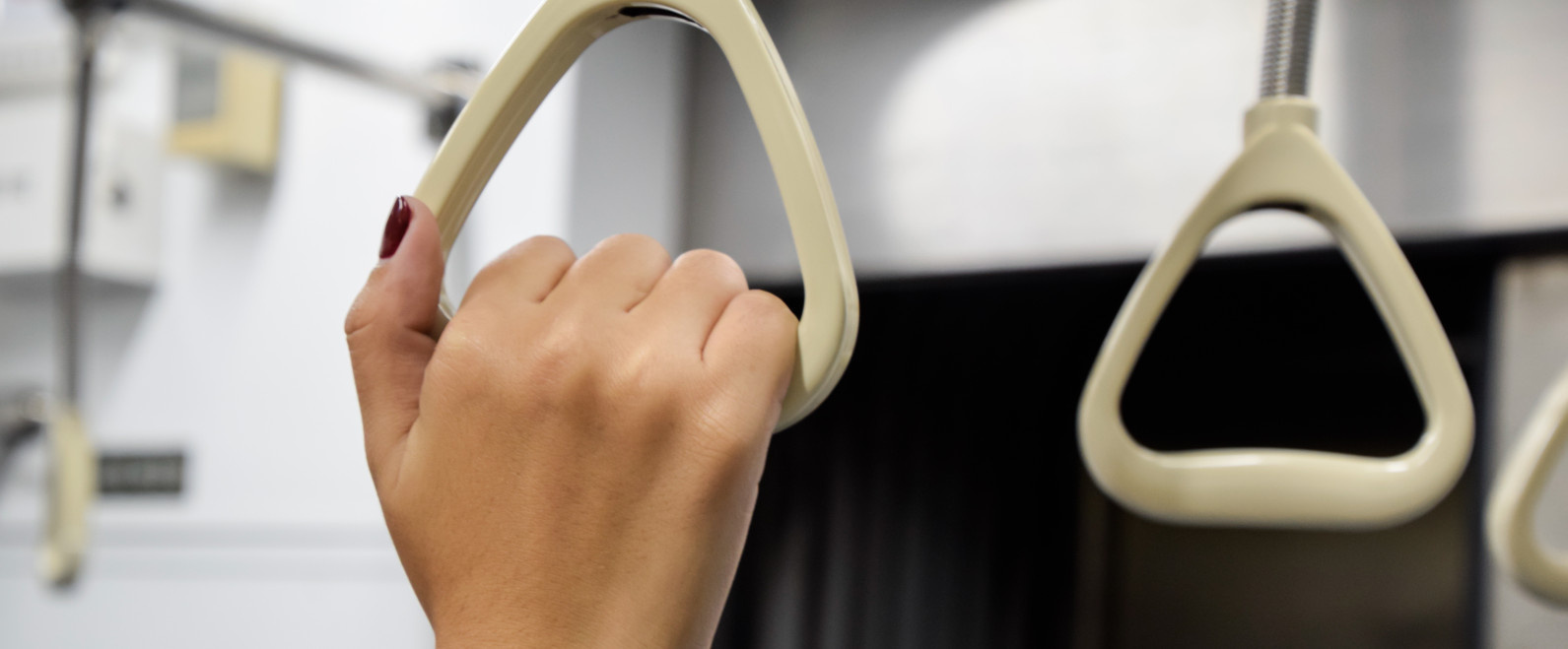
We are becoming increasingly aware that, besides usability and convenience in daily life, plastics enhance our safety. Protective equipment made largely from plastics, films and synthetic fibres improves hygiene and enables us to effectively eliminate unwanted bacteria. Tarnamid MB AMB developed by Grupa Azoty is an antimicrobial concentrate containing silver, with polyamide 6 produced by the company as its base plastic. The use of Tarnamid MB AMB as an additive to plastics creates antimicrobial properties in products without affecting their existing parameters.
Silver and silver compounds used in the dedicated plastic increase the safety of touch points such as handrails in buses and trams or handles in furniture and equipment used in hospitals, clinics, and nursing homes. Silver is an effective antimicrobial agent causing cell damage in bacteria and other microorganisms. It is worth noting that what distinguishes silver from other metals exhibiting antibacterial properties is that is has a negligible effect on humans.
‘For many years, we have conducted research into antimicrobial additives, as well as research designed to develop biocidal and biostatic properties in plastics manufactured by Grupa Azoty. As part of this work, we checked the efficacy of various solutions and additives, and our research resulted in developing a special formula to achieve optimal antimicrobial properties without adversely affecting the processing parameters or strength of plastics. Of course, antibacterial plastics and additives are not new to our product range, but in the present situation of a health threat we should pay more attention to them, appreciate their contribution to increasing our safety in everyday life, and step up work on expanding their applications,’ said Witold Szczypiński, Vice President of the Grupa Azoty Management Board.
Tarnamid MB AMB is an antimicrobial polyamide 6 with a silver content, recommended to be added in products made from a wide range of polyamide 6 varieties, including glass fibre or non-reinforced, in a proportion of at least 2% in order for the product to achieve a satisfactory antimicrobial effect. In this solution, molecular silver is dispersed throughout the product and on its surface, and the antimicrobial effect is not diminished even if the product’s surface wears out.
Efficacy tests of the Tarnamid MB AMB solution were carried out at specialised external bodies with appropriate authorisations and experience. The use of just 2% of Tarnamid MB AMB in a selected polyamide 6 variety led to a significant decline in bacterial multiplication over time[1]. The method helps to determine whether the material contains nutrients available to microorganisms and whether it causes a long-lasting inhibition of microbial growth. The test lasted four weeks and found that the material caused a major inhibition of growth of two bacterial strains as compared with materials containing no bactericidal additives. What this means in practice is that Tarnamid MB AMB dramatically increases the microbiological safety of product surfaces.
The high antibacterial efficacy of Tarnamid MB AMB was also confirmed in subsequent tests, which showed that an >99.9% bacterial reduction was achieved on the surface of samples containing the concentrate in 24 hours[2].
Importantly, the solution applied in Tarnamid MB AMB is universal and can be replicated in other plastics, such as polyacetal – Tarnoform, polypropylene, polyethylene and other plastics, with no adverse impact on efficacy.
Grupa
Azoty is Europe’s leading polyamide 6 producer, with thousands of tests
performed in its laboratories every year under tens of B&R&I projects
seeking to improve the properties of plastics, reduce their environmental
footprint and enhance user comfort and safety.
[1] A test conducted in 2016 in accordance with PN-EN-ISO 846-2002 Plastics – Evaluation of the action of microorganisms.
[2] A test conducted in 2016 in accordance with ISO 22196:2011, Quantitative Activity Measurement.
